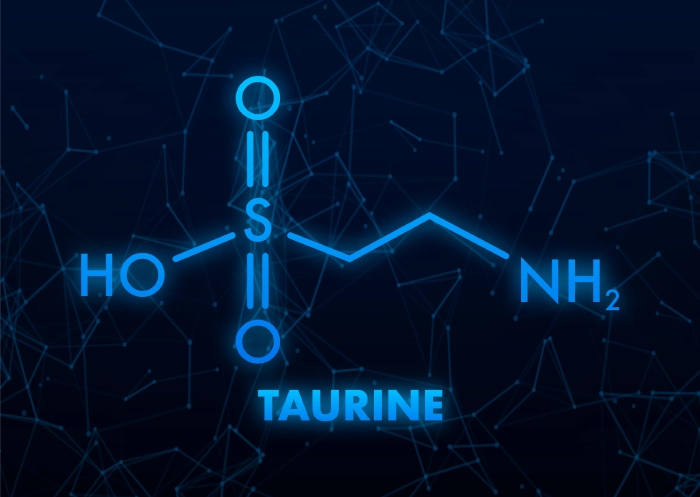Datopotamab Deruxtecan: A Potential Game-Changer for Advanced NSCLC
AstraZeneca and Daiichi Sankyo have achieved a significant milestone in their pursuit of a new treatment for advanced non-small cell lung cancer (NSCLC). Their Biologics License Application (BLA) for datopotamab deruxtecan (Dato-DXd) has been accepted and granted Priority Review by the US Food and Drug Administration (FDA). This development brings hope to adult patients with locally advanced or metastatic epidermal growth factor receptor-mutated (EGFRm) NSCLC who have already undergone systemic therapies, including EGFR-directed treatment.
The FDA’s decision to grant Priority Review underscores the potential of datopotamab deruxtecan to offer significant improvements over existing treatment options. This accelerated review process is reserved for medicines that demonstrate enhanced safety or efficacy, prevent serious conditions, or improve patient compliance. The FDA is expected to make its regulatory decision by the third quarter of 2025.
The application is supported by data from multiple clinical trials, including the TROPION-Lung05 Phase II trial and the TROPION-Lung01 Phase III trial. A pooled analysis of these trials, presented at the European Society for Medical Oncology (ESMO) Asia 2024 Congress, revealed promising results. Datopotamab deruxtecan demonstrated a confirmed objective response rate (ORR) of 42.7% and a median duration of response (DoR) of 7.0 months in previously treated patients with advanced or metastatic EGFRm NSCLC.
Susan Galbraith, Executive Vice President of Oncology R&D at AstraZeneca, emphasized the potential of datopotamab deruxtecan to address the challenges faced by patients whose disease has become resistant to current treatments. Ken Takeshita, MD, Global Head of R&D at Daiichi Sankyo, highlighted the significance of this development, noting that if approved, datopotamab deruxtecan could become the first TROP2-directed antibody drug conjugate for lung cancer.
Datopotamab deruxtecan is a specially engineered TROP2-directed DXd antibody drug conjugate (ADC), jointly developed by AstraZeneca and Daiichi Sankyo. The companies are currently evaluating its efficacy both as a standalone treatment and in combination with other therapies for NSCLC patients across seven Phase III trials.
Commentary by SuppBase columnist Alice Winters:

The recent developments surrounding datopotamab deruxtecan mark a potentially significant advancement in the treatment of advanced EGFR-mutated non-small cell lung cancer. As a health product commentator, I find several aspects of this news particularly noteworthy.
First, the granting of Priority Review by the FDA is a strong indicator of the potential impact this treatment could have on patient outcomes. This accelerated review process is not granted lightly and suggests that datopotamab deruxtecan may offer substantial improvements over existing therapies. This is particularly crucial in the context of EGFR-mutated NSCLC, where resistance to front-line treatments remains a significant challenge.
The reported efficacy data from the clinical trials is encouraging. An objective response rate of 42.7% in previously treated patients is noteworthy, especially considering these patients have already undergone systemic therapies. This suggests that datopotamab deruxtecan could provide a valuable option for patients who have exhausted other treatment avenues.
However, it’s important to approach these results with cautious optimism. While the median duration of response of 7.0 months is promising, long-term follow-up data will be crucial to fully understand the treatment’s durability. Additionally, the safety profile, while reported as consistent with previous trials, will require ongoing scrutiny as more patients receive the treatment.
The mechanism of action of datopotamab deruxtecan, as a TROP2-directed antibody drug conjugate, is particularly interesting. This targeted approach represents a growing trend in oncology towards more precise, personalized treatments. If approved, it could indeed become a pioneering therapy in this specific subset of lung cancer.
From a market perspective, the collaboration between AstraZeneca and Daiichi Sankyo is noteworthy. Such partnerships often bring together complementary expertise and resources, potentially accelerating the development and commercialization of innovative treatments.
Looking ahead, the ongoing Phase III trials evaluating datopotamab deruxtecan both as a monotherapy and in combination with other drugs will be crucial. These studies may reveal additional applications and help define the optimal treatment strategies for different patient subgroups.
In conclusion, while datopotamab deruxtecan shows promise, it’s important to await the final FDA decision and longer-term data. If approved, it could represent a significant addition to the treatment arsenal for EGFR-mutated NSCLC, potentially improving outcomes for patients facing limited options. However, as with any new treatment, ongoing vigilance regarding efficacy and safety will be essential as it moves towards potential clinical use.



